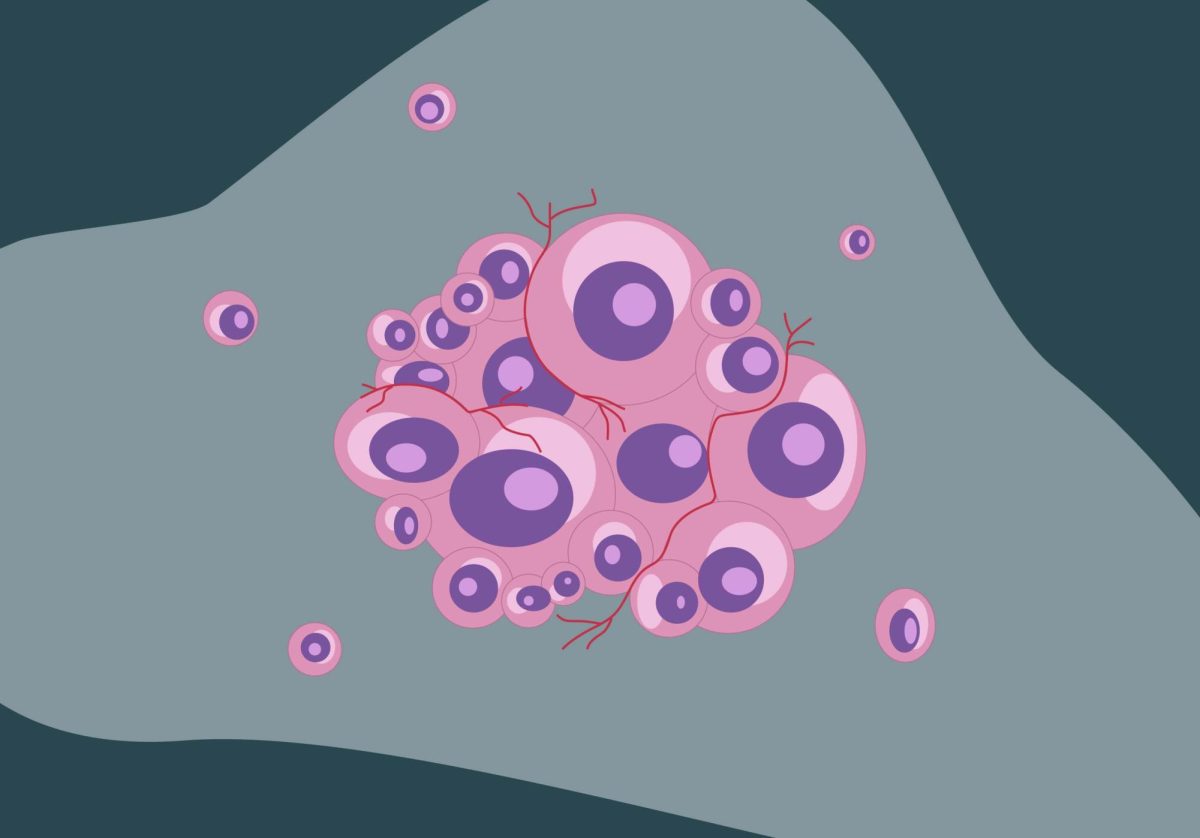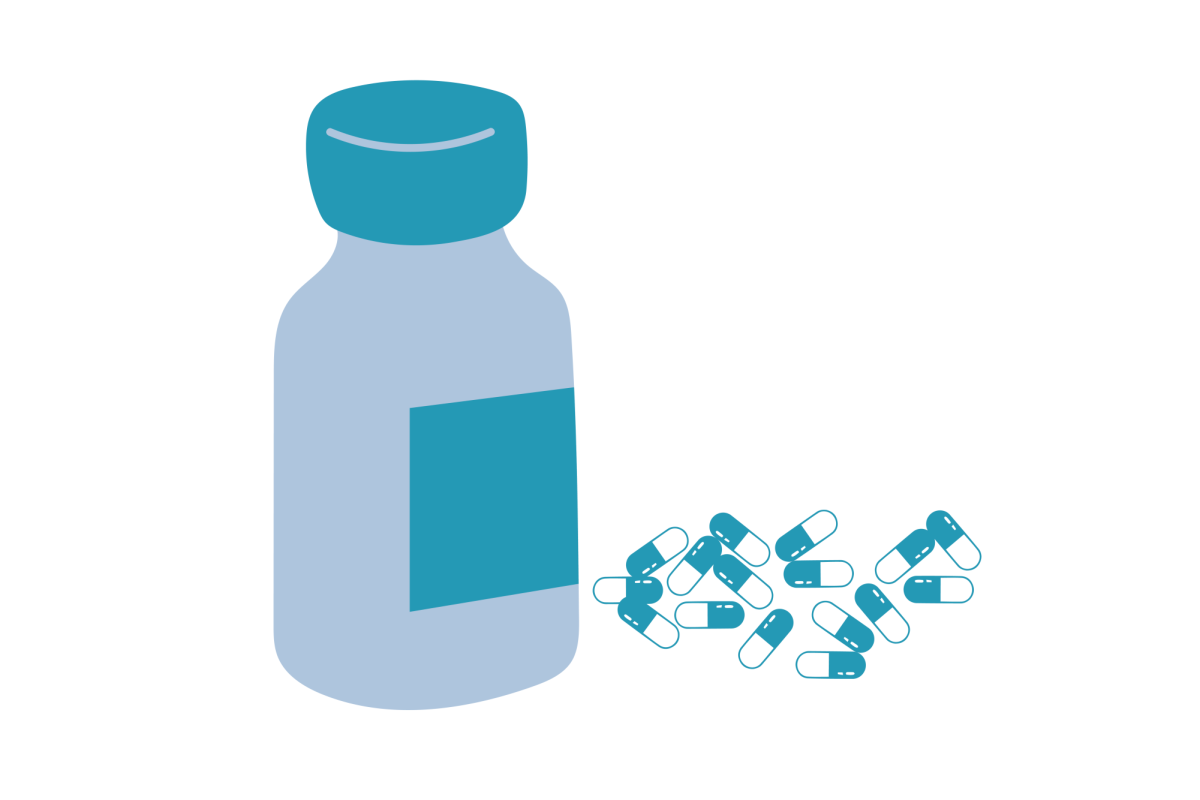A recent study from the University of Minnesota School of Public Health traced the National Institutes of Health’s funding of research on LGBTQ+ health outcomes between 2012 and 2022.
The report found that NIH research on LGBTQ+ communities tripled from 2012 to 2022, but most of the research focused on cisgender, white, gay men. The NIH took steps to improve research on sexual and gender minority populations, such as creating an SGM Research Office in 2015 and developing a strategic plan to advance SGM health research in the future in 2019.
Ben Weideman, the lead author of the report, who uses they/them pronouns, said that while research grew over the last 10 years, there are still inequities impacting LGBTQ+ communities.
“We see various disparities and inequities impacting queer and trans and LGBTQ+ folks in lots of different health domains,” Weideman said. “Mental health, particularly suicidality, are really big areas where there’s a lot of need for research.”
Weideman said SGM populations tend to experience poorer health outcomes than their cisgender and heterosexual counterparts, particularly in areas including mental health issues, substance use and chronic diseases such as cancer and heart disease.
Nic Rider, an associate professor in the Institute for Sexual and Gender Health who uses they/them pronouns, said NIH funding for research on these communities is imperative to understand the root causes of health disparities between the LGBTQ+ community and their cisgender and heterosexual counterparts.
“We need to consider the nuanced needs and experiences of different populations so that we can understand what is at the root of the health disparities that they experience and we can start to address it with community voices centered,” Rider said. “Without this inclusion, results may not apply, be less effective or could even be harmful.”
The study found more than 65% of research on SGM populations was about HIV/AIDS prevention studies. The majority of those studies focused on cisgender gay and bisexual men, with less focus on lesbian or bisexual women, as well as transgender and nonbinary people.
Weideman said research on HIV/AIDS prevention is still needed, but other needs within SGM populations need to be addressed in addition to this.
“One of the things we want to point out in our study is that there are additional and related needs oftentimes beyond HIV/AIDS, like mental health, substance use and chronic health conditions,” Weideman said.
The focus on HIV/AIDS research in SGM communities is beginning to shift to include other health concerns as well, but there is still a long way to go, Weideman said.
Weideman said the Trump administration is already beginning to impact research on the LGBTQ+ community.
“I know personally that my research work has already been impacted,” Weideman said. “One of the grants that I worked on received a termination letter in the last week.”
According to the Associated Press, the Trump Administration terminated at least 68 grants totalling about $40 million for research on LGBTQ+ communities.
Rider said the termination of funding to study health concerns for SGM populations will have long-term impacts on these communities.
“There is an absolutely devastating impact of the abrupt and vague funding terminations. Not only are there more immediate effects, there are also long-term effects of funding cuts, including trainees not pursuing research and persistence of unaddressed health disparities,” Rider said. “Health, healthcare, and community and individual well-being benefit from these research studies.”














